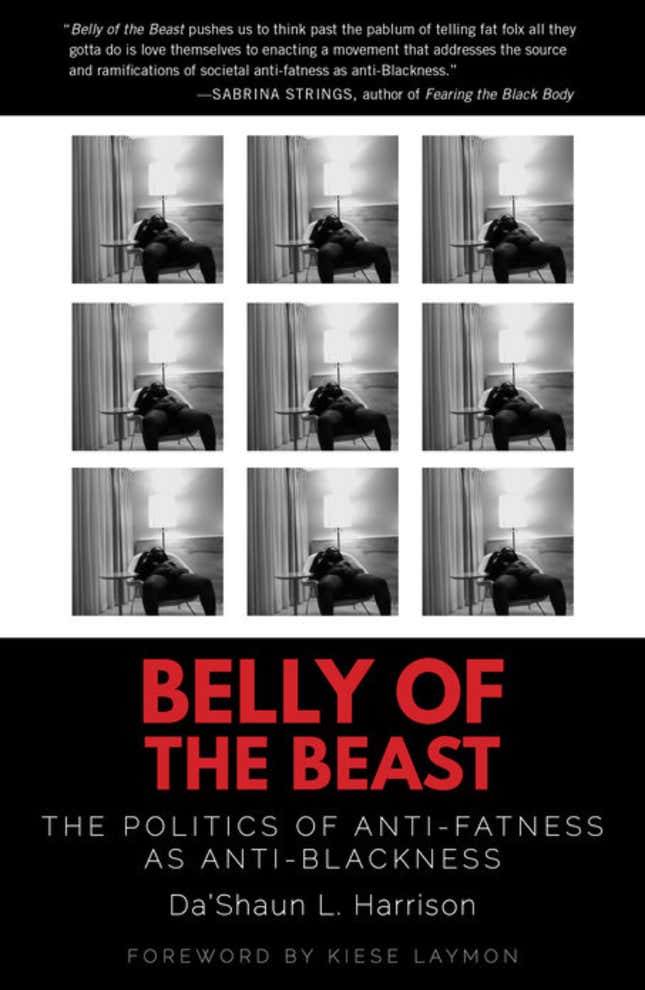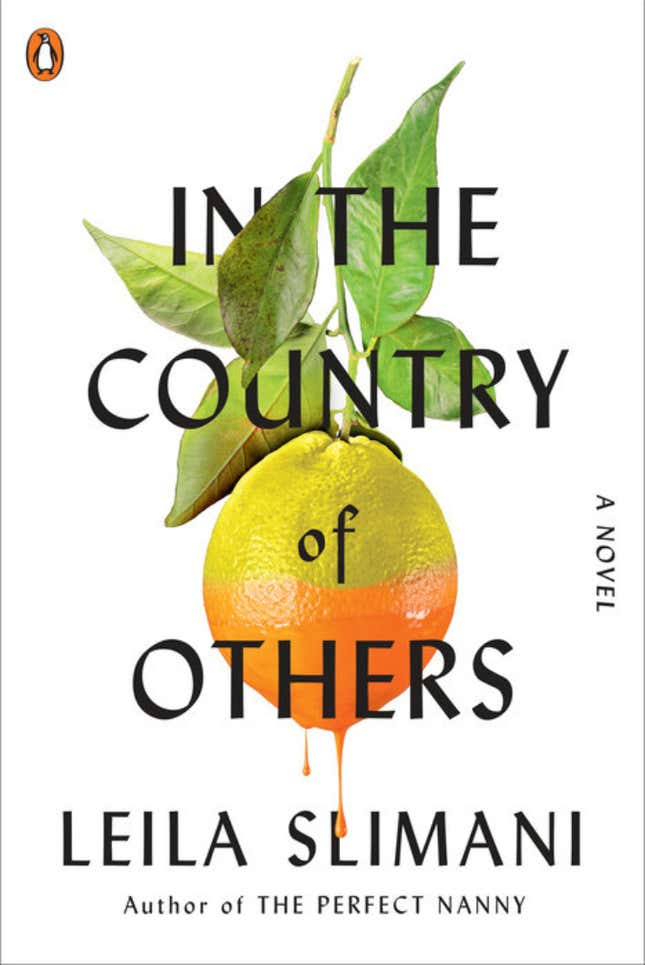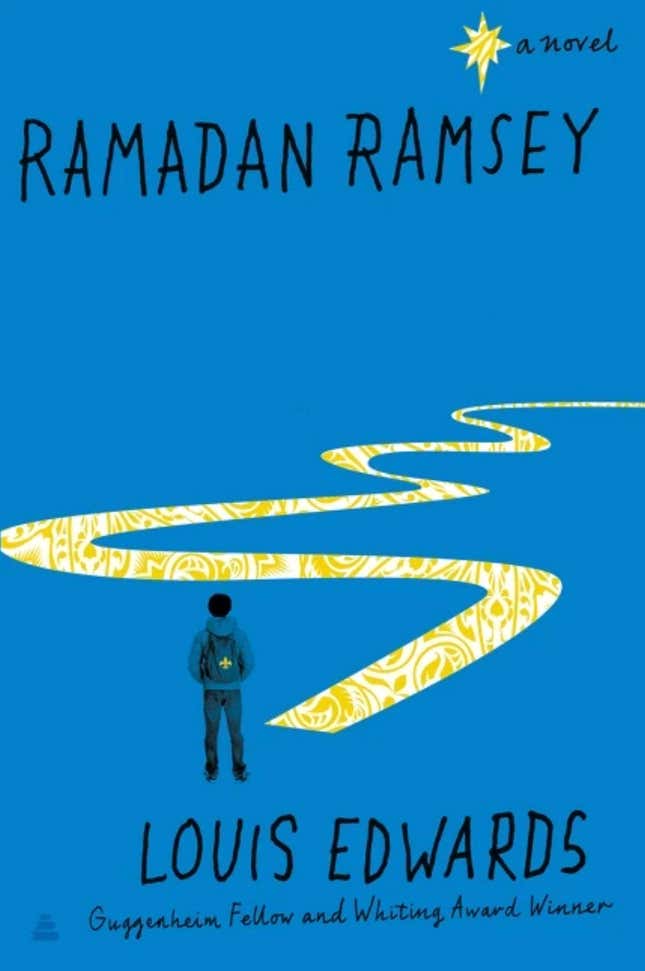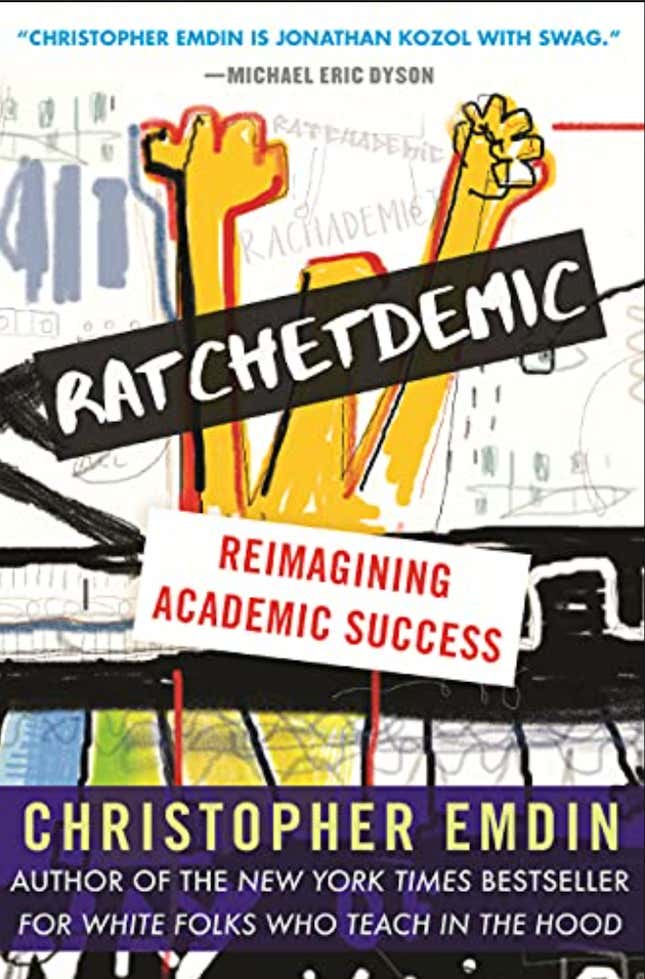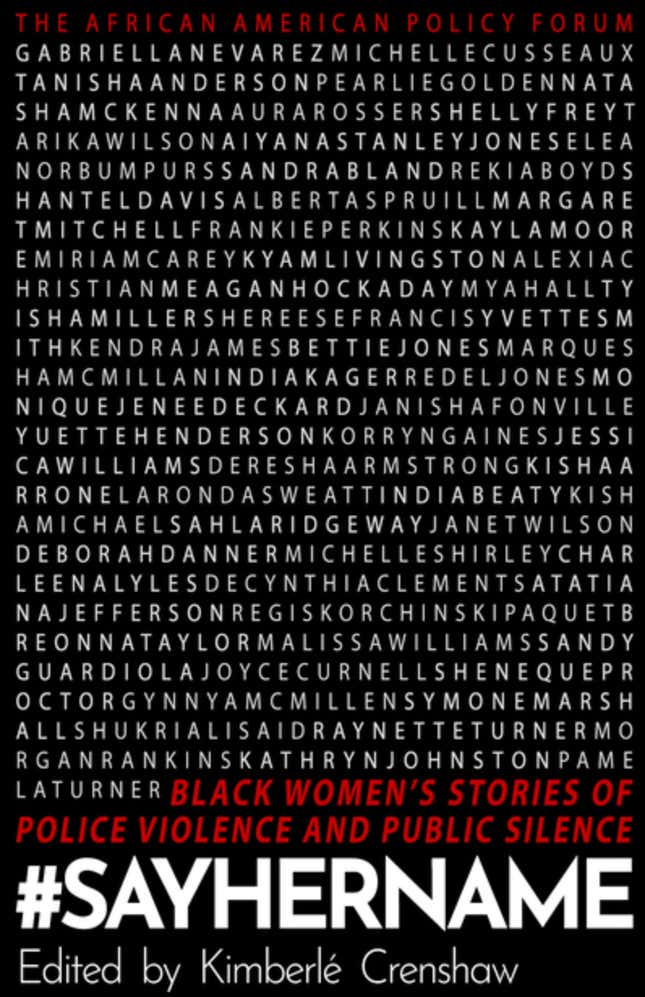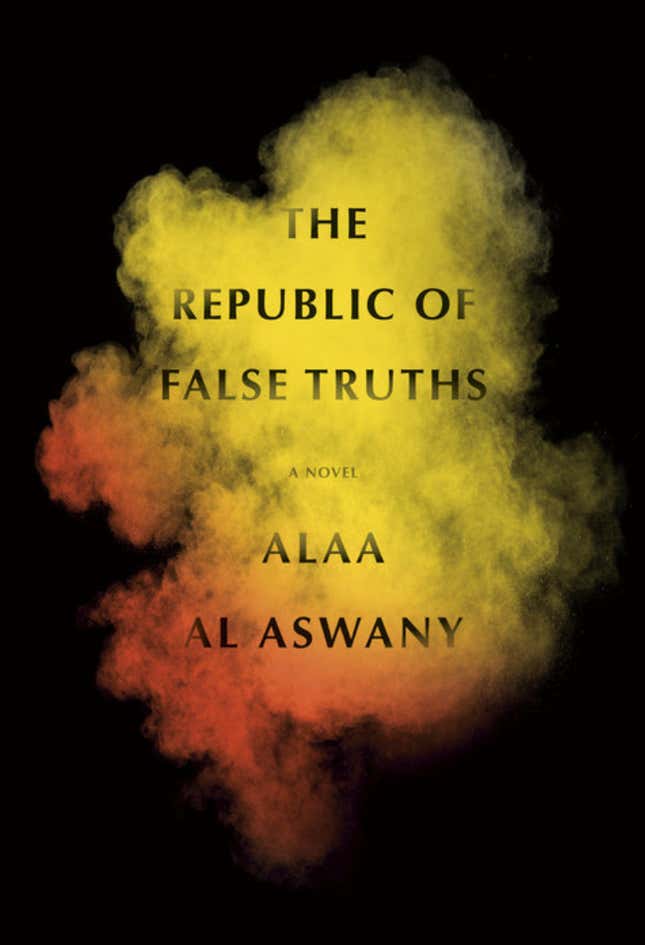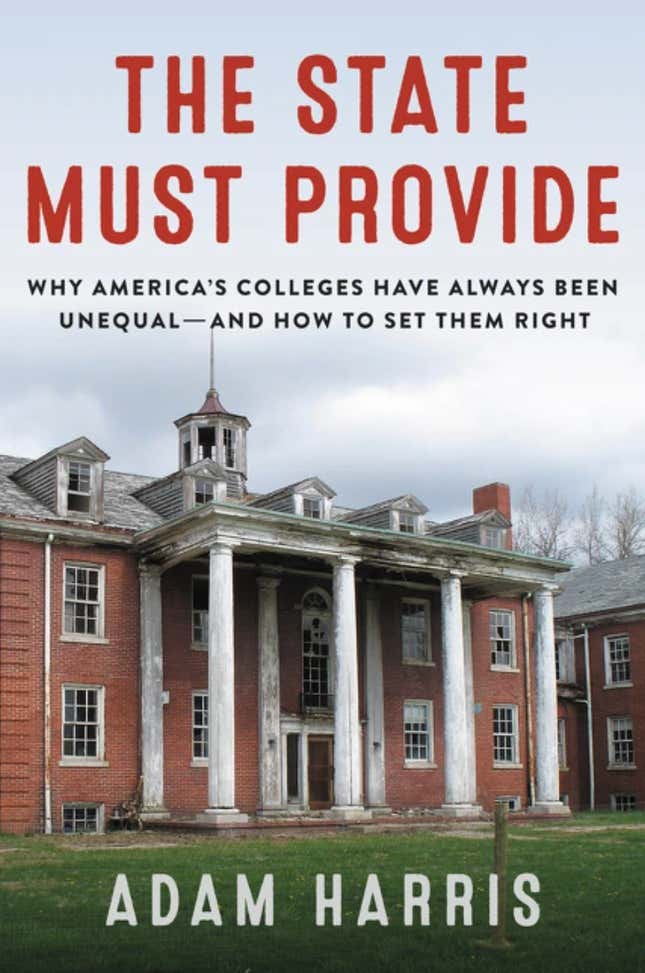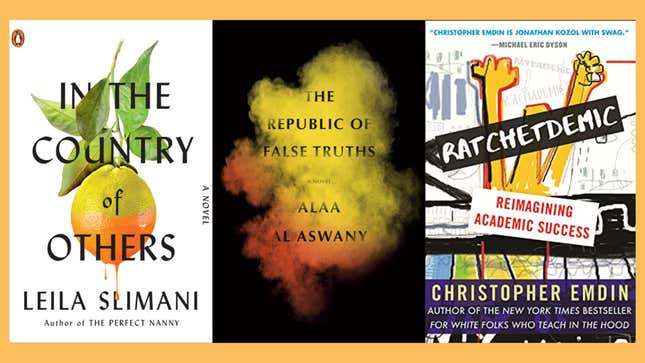
You know, if I had someone teaching me Ratchetdemics in middle and high school, I might have paid a bit more attention. Honestly, if any of these authors had released books like the ones dropped this week while I was still in school, I might have left a tad more—excuse my language—woke. But alas, learning never ends and I have these reads today, and so do you.
For starters, even the fictional releases have some hard-hitting themes about politics and the way the world operates outside of the U.S. Ramadan Ramsey shows a young man in search of his father in Syria and the awakening he must face in uniting with him at last. The Republic of False Truths by Egyptian author Alaa Al Aswany is a poignant story of the repercussions of a revolution and overthrowing of a regime.
#SayHerName: Black Women’s Stories of State Violence and Public Silence examines the ways in which systemic violence against Black women has risen rapidly, and Christopher Emdin talks about “Ratchetdemics” in his new book of the same name which discusses how understanding the identity of Black children in the classroom can enhance their education tenfold.
So on that note, in the words of the one and only KRS-One…you must learn.


